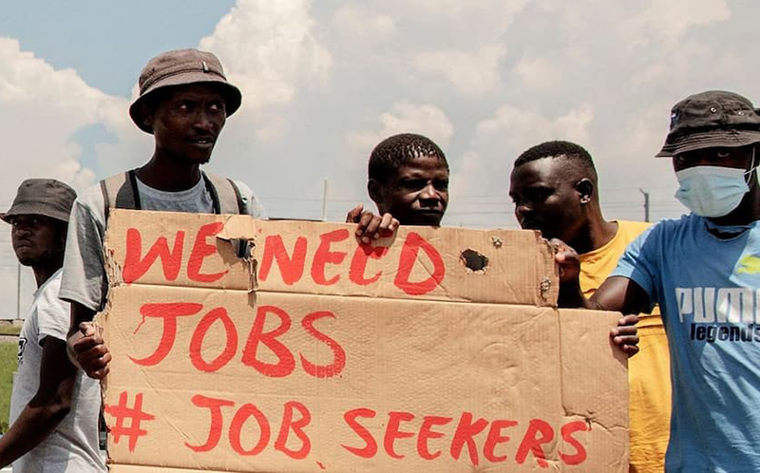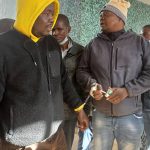 ZANU-PF’s congress ended Saturday with customary singing and dancing, but the party knows it has little time for fanfare as it shifts into campaign gear for 2023.
ZANU-PF’s congress ended Saturday with customary singing and dancing, but the party knows it has little time for fanfare as it shifts into campaign gear for 2023.
The ruling party’s Central Committee report says rising inflation, deepening poverty and internal party divisions are the biggest risks to its power.
The party is banking on a grassroots campaign, reaching out to various interest groups and public infrastructure projects to deliver a win next year.
Below are the main takeaways from the Central Committee report, which was distributed to delegates at congress.
ZANU-PF claims to have over 4.2 million members
The party says it did a membership audit, including a “national cell day”, to be sure of how just many members it has. The party claims to have 4,245,850 members.
It appears the party got this number by only multiplying the number of cells that it has – 84,917 – by 50, the number of members that each cell is supposed to have. The report does not account for the fact that not all cells have 50 people, a fact that even senior officials admitted to on the “cell day”.
Party rakes in US$6.5m from donors, members in 2022
According to financial accounts, which are part of the Central Committee report, ZANU-PF in 2022 has raised Z$1.6 billion from subscriptions, donations, investments, and its allocation from the government. It has raised US$6.4 million from donations, and another US$46 952 from subscriptions. There are no disclosures on donors.
The party piloted Electronic Membership Cards in the Midlands Province in 2021, raising Z$2 177 849 and US$102 978. Seeing the success, it plans to roll this out to other provinces.
Grassroots campaigns, targeting interest groups for 2023
The party says its strategy for next year’s election is building grassroots structures, targeting special interest groups, and amplifying what it sees as successes on infrastructure.
ZANU PF targets “creating solid grass root structures and recruitment of new membership”. The party’s cells will “religiously” hold monthly meetings.
Outside of its traditional structures, the party is targeting different voter blocs. This plan includes a “Listening Party Programme” targeting “persons in business and professionals”. The party will extend its outreach to churches, especially the apostolic churches. Together, these churches are the country’s largest religious group, and are therefore a potentially rich pool of votes.
Pro-ZANU PF students’ union ZICOSU has “regained its foothold in tertiary institutions”, says the party. Artisanal miners will be encouraged to “register to vote and to mobilise” for 2023.
Continued next page
(115 VIEWS)

